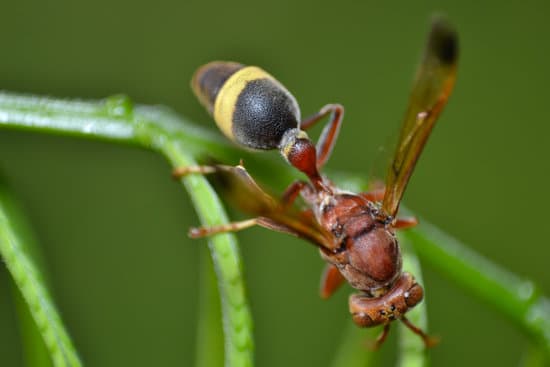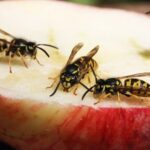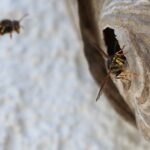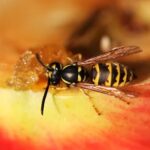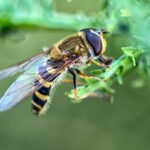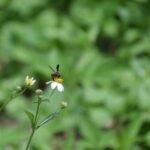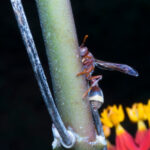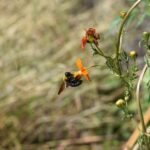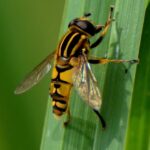What Useful Purpose Do Wasps Serve?
Despite the pain and horror that many people feel when they encounter a wasp, these stinging insects actually serve a very important purpose. They are critical to ecosystems, and are vital to pollinating plants and keeping them in balance.
Scientists around the world want to learn more about these fascinating insects. In recent studies, scientists from University College London have examined the contributions of roughly 33,000 species of stinging wasps. They compiled evidence from more than 500 academic papers.
One study showed that wasps contribute to the ecosystem by helping to disperse seeds. They also play an important role in natural pest control. They capture crop pests and aphids. This is important for farmers because they limit the negative effects of chemical pest control on crops.
In tropical countries, wasp larvae are harvested for food. Scientists are studying the use of wasps as environmental monitoring tools. Wasps also help control shore flies, a pest that infests agricultural output.
Wasps also eat a variety of insect pests, such as flies, caterpillars, and crickets. They also clean up rotten flesh, which helps reduce waste in their ecosystem. They can also transport large amounts of pollen.
Wasps also play a very important role in pollination, especially of flowers. Wasps help to transfer natural yeast on grapes, which makes them perfect for wine. Wasps also prey on insects that spread disease. In addition, they have antibiotic properties in their venom. This can be helpful in treating humans.
